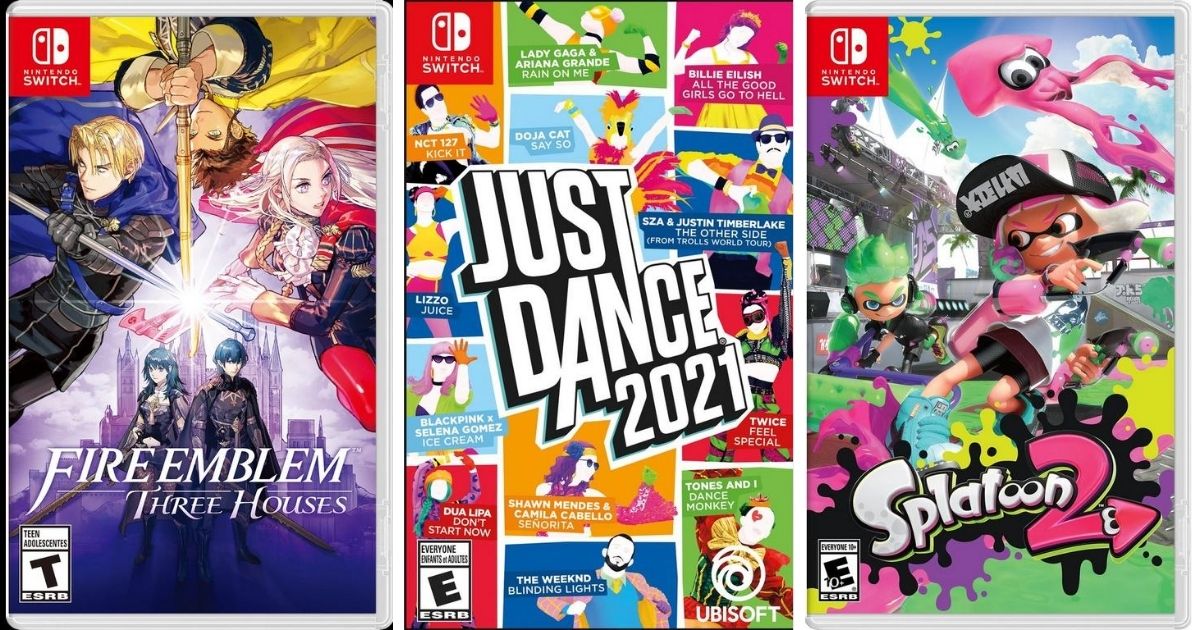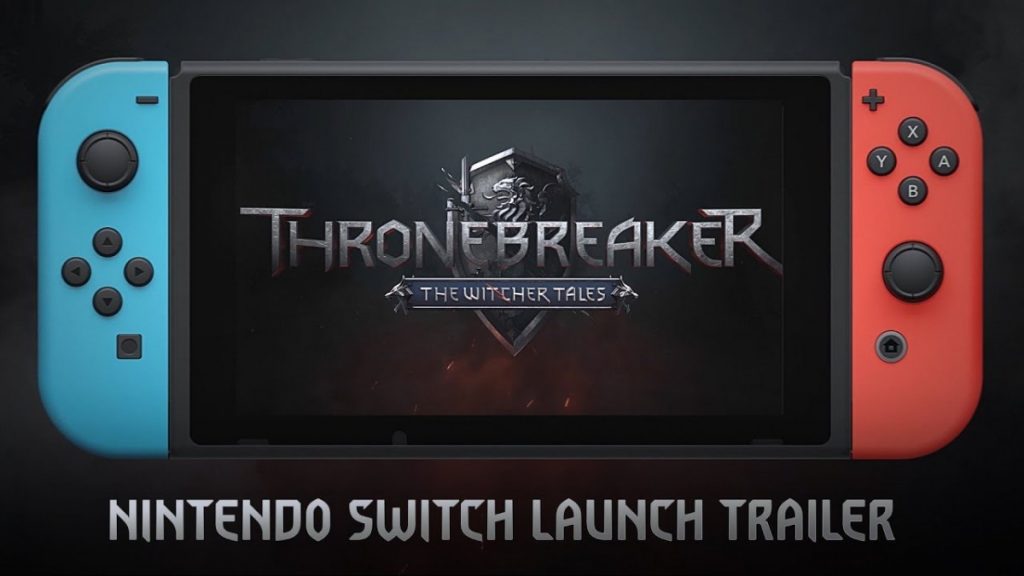

If you don't have any word for freedom you can't have a revolution" Mark Cerny, talking about. How can you be talking about design when we don't have the words to describe it? Yet, that will be the standard, I believe, in 2014."

If you don't have any word for freedom you can't have a revolution. "Is it single-player or is it multiplayer? We don't even have the words. "The funny thing here is, we don't even know what to call this," Cerny said. If developers didn't have such mechanics in their games within three years, Cerny said they should expect to be dinged by reviewers.

Instead of the usual single-player experiences the industry had been releasing, Cerny suggested they would adapt, naming the Sony-published Demon's Souls as one possible example of what would replace them. "Right now, you sit in your living room and you're playing a game by yourself - we call it the 'SP mission' or the 'single-player campaign.' In a world with Facebook, I just don't think that's going to last." "I believe the traditional single-player game experience will be gone in three years," Cerny said. "I believe the traditional single-player game experience will be gone in three years" Mark Cerny, in 2011Ĭorrectly calling anything in games 10 years out is tricky enough, but Cerny decided to up the degree of difficulty by not only picking an almost unthinkable turn of events, but cutting the timeframe in which it would happen by more than two-thirds. A whole lot can happen in about a decade, which is one of the things that makes predictions on that time scale so much fun.Īnyway, the reason I bring this up is because in August of 2011, 10 years was the time frame of speculation for a private session at GDC Europe featuring Sony hardware designer Mark Cerny, Sony Worldwide Studios president Shuhei Yoshida, and Sony Liverpool studio director Mick Hocking. Those examples are all from the '90s to the mid-'00s, but does it really seem to anyone like the industry has slowed down since then? Mobile and free-to-play games, Minecraft, Fortnite, Steam. A dozen years gets Sega from the US launch of the Genesis to the Sega CD to the 32X to the Saturn to the Dreamcast to quitting the hardware game entirely. 11 years gets Apple from the Pippin to the iPhone. After all, this is video games and there's an expectation for the business to reinvent itself on the regular.Ī decade down the road is close enough that we can expect the industry won't be entirely unrecognizable, but it's also enough time for an empire to be built, destroyed, or sometimes both.ġ0 years gets Blizzard from making unremarkable licensed titles like 1994's The Death and Return of Superman to a super studio with massive franchises like Warcraft, Diablo, Starcraft, and World of Warcraft. But if you asked for predictions 20 or more years out, you're far enough away that saying, "it'll probably be a lot like today, but contemporary trends X, Y, and Z will progress a bit" feels silly and unimaginative. If you asked for predictions five years out, the horizon is so close you won't get real-world holodecks, neural implants, or any of the other goofy sci-fi stuff talked about by people who can call themselves "futurists" with a straight face. It's really just a perfect time frame because it accommodates such a large spectrum of possibilities, from the banal to the outlandish. One thing writing this column has made clear to me is just how often people use 10 years as a sort of default time frame for talking about the future in this industry.

So to refresh our collective memory and perhaps offer some perspective on our field's history, runs this monthly feature highlighting happenings in gaming from exactly a decade ago. That said, even an industry so entrenched in the now can learn from its past. The games industry moves pretty fast, and there's a tendency for all involved to look constantly to what's next without so much worrying about what came before.


 0 kommentar(er)
0 kommentar(er)
